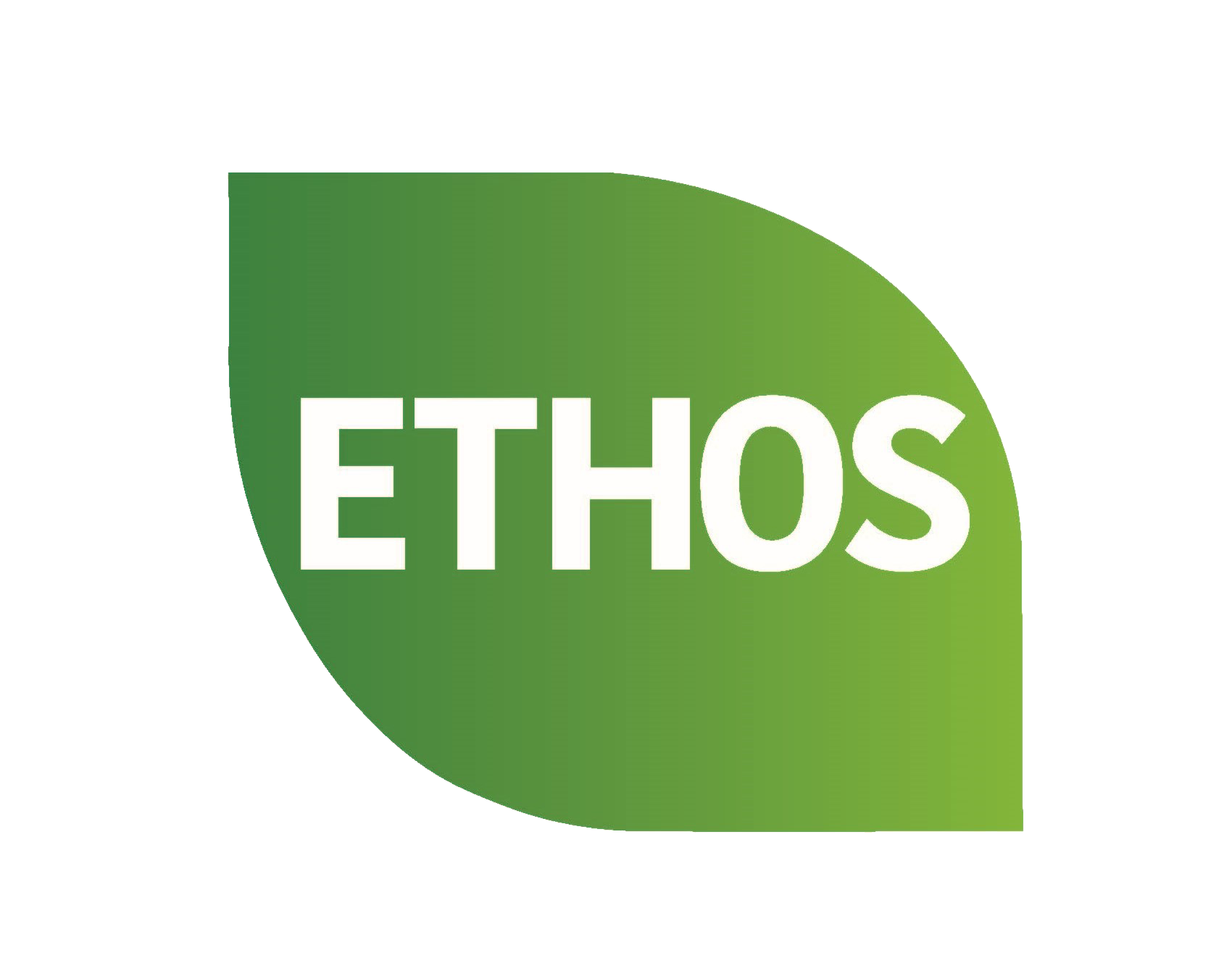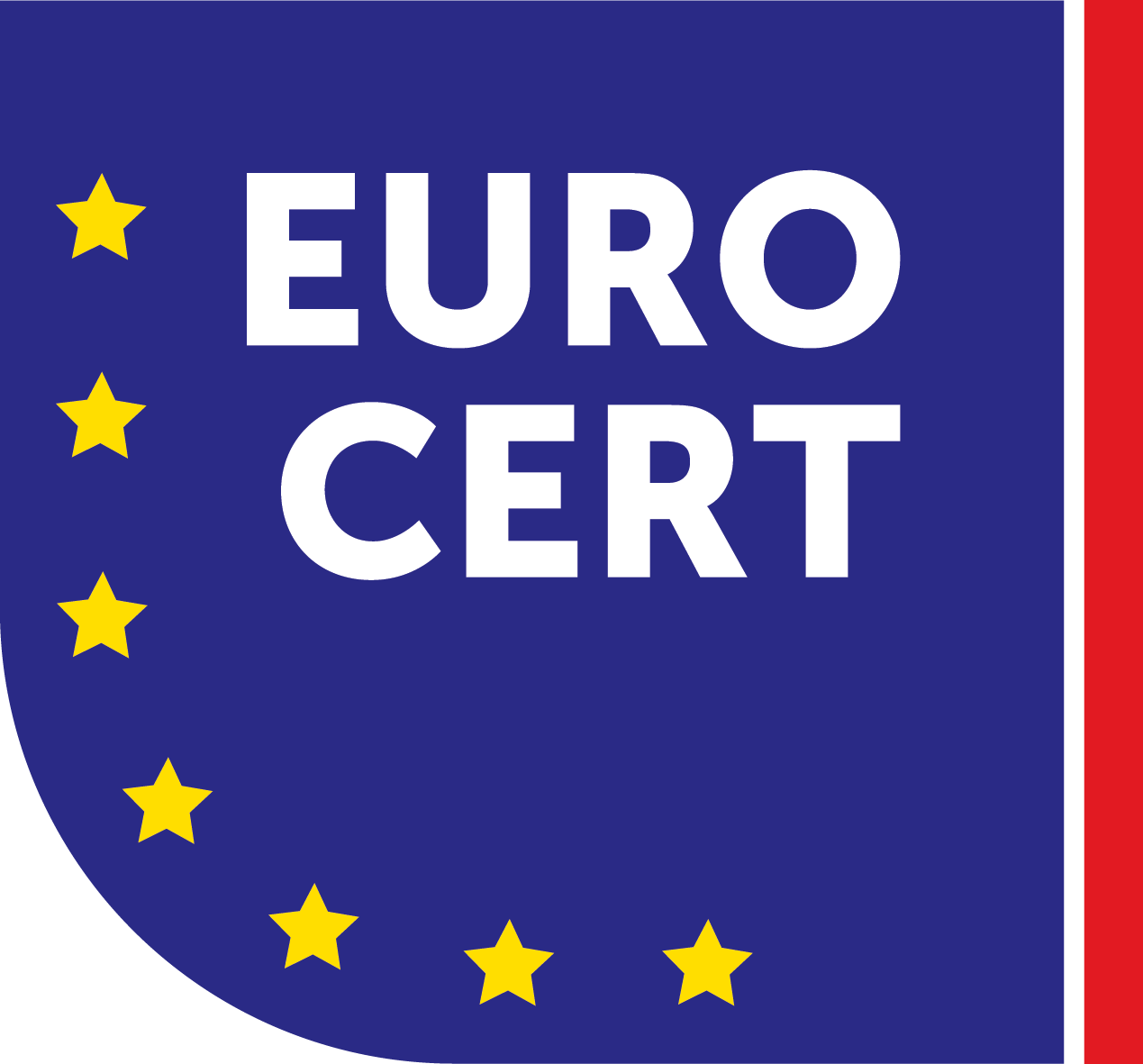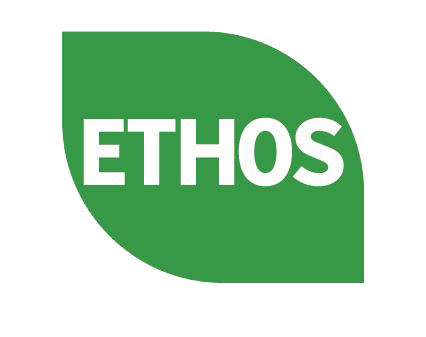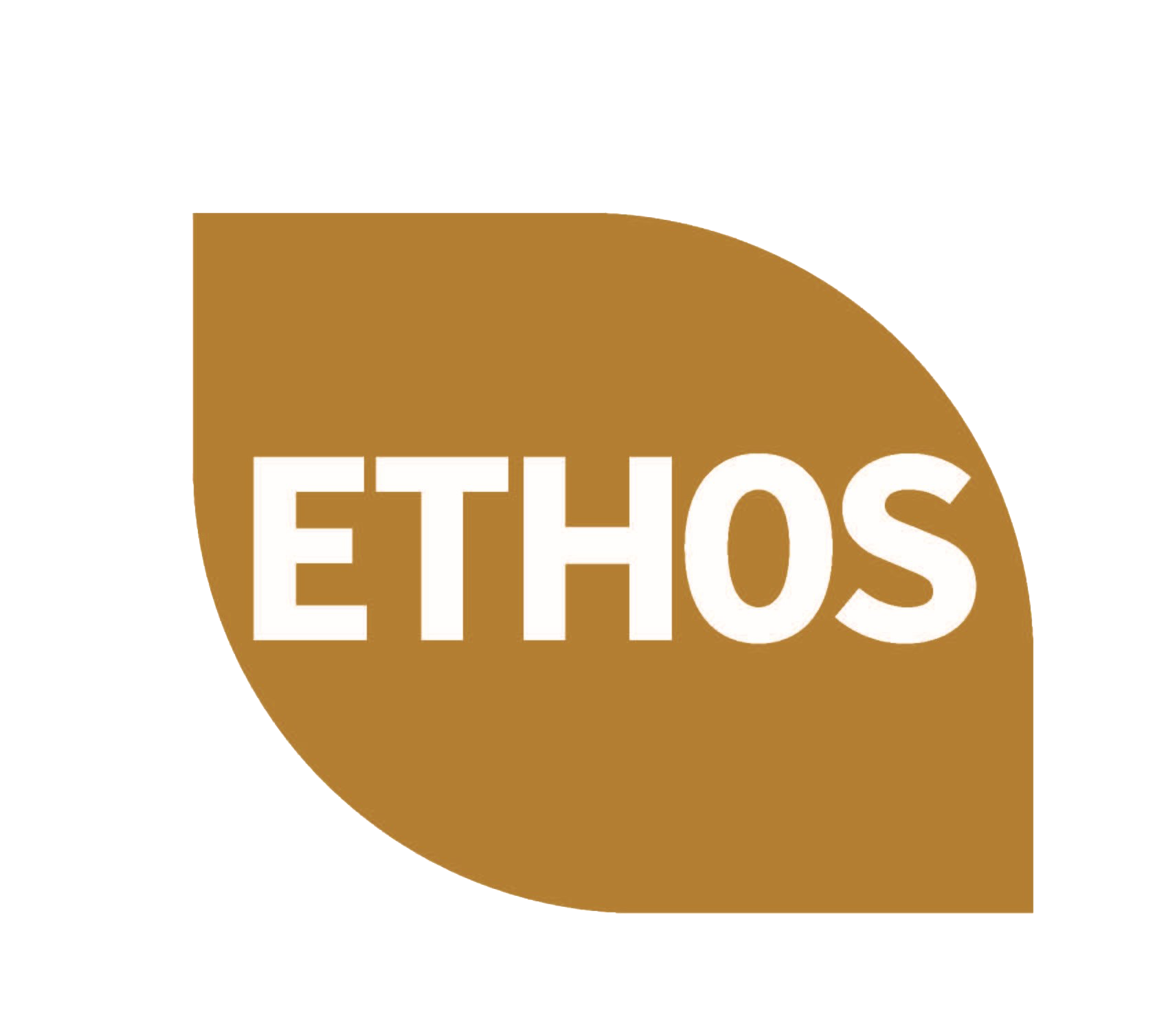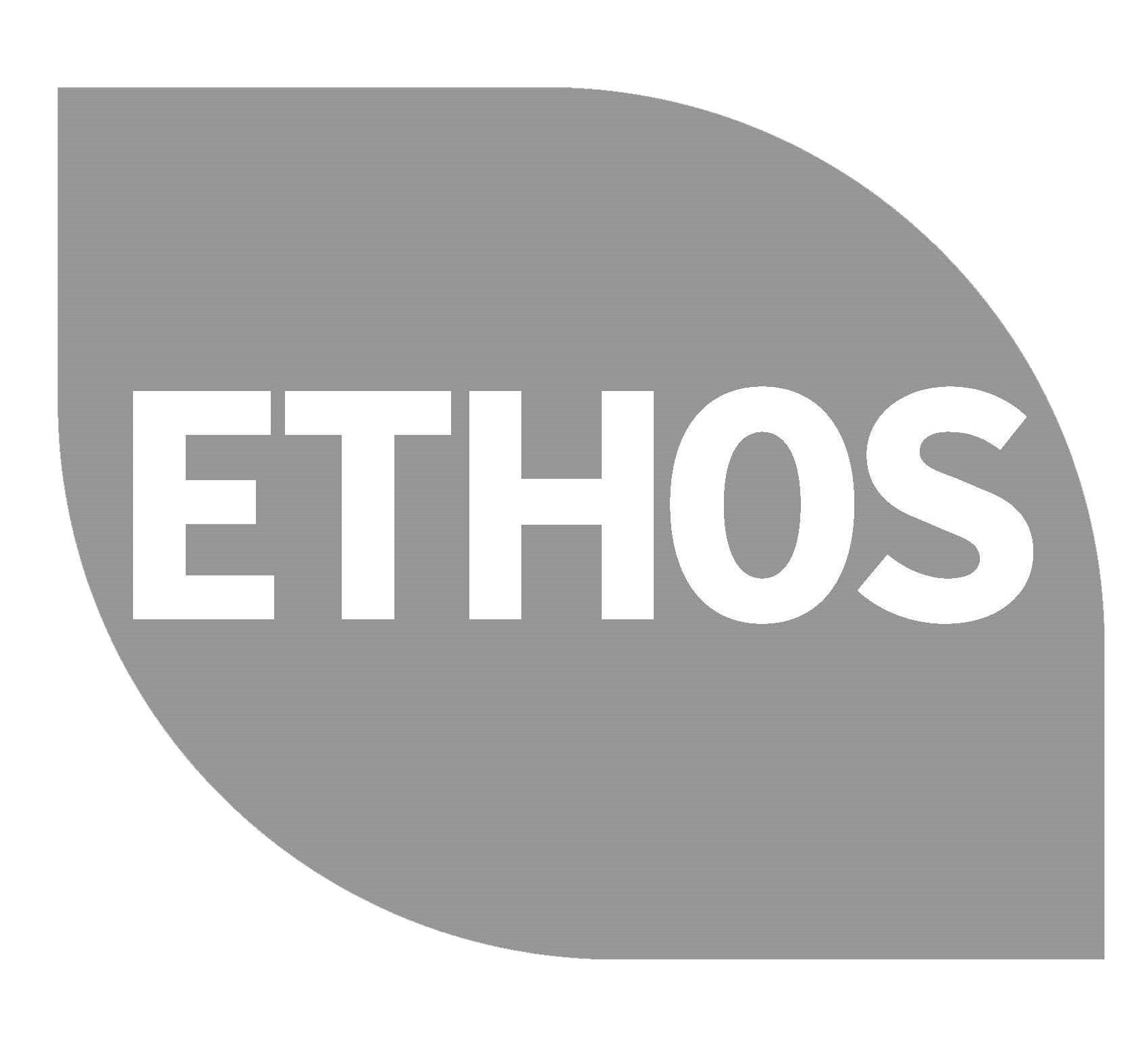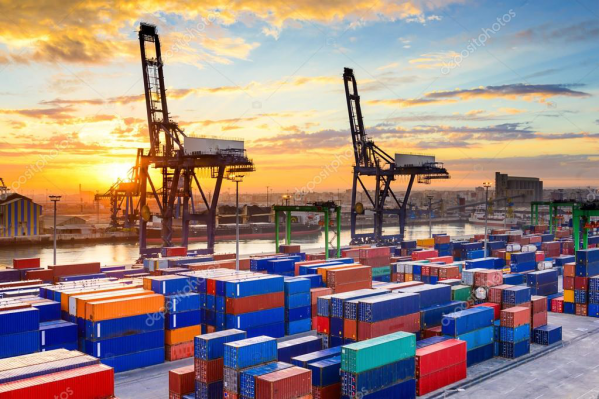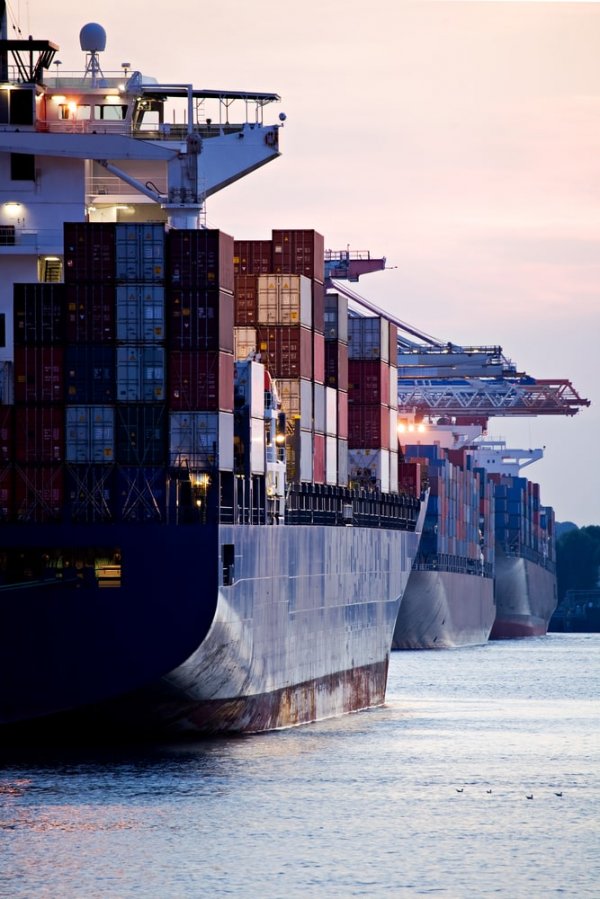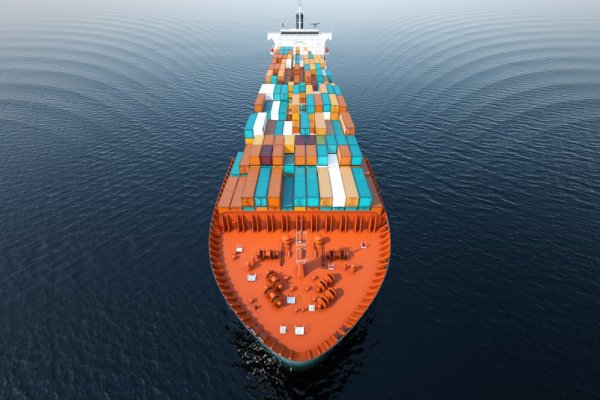The basic benefits from setting and implementing a Security Management Systems for the Supply Chain according to the requirements of ISO 28000:2007 are the following:
• Provides reliable approach by service providers within the supply chain
• Augments security risk assessment, asset protection and inventory management
• Assures supply continuity for sustainable business development and reduction of time to delivery
• Mitigate supply chain risks
• Enhance business continuity
• Reliable decision making
• Enhanced stakeholder confidence through compliance and improved reputation
• Prevention and mitigation of unexpected failures or incidents in the supply chain
• Reduces losses of theft during exportation, importation and transport
• Increased organizational resilience
• Achieve cost savings through reducing security or safety incidents
• Improved level of safety and security for employees and subcontractors
• Demonstrates market innovation
• Improvement of the corporate image of the company
